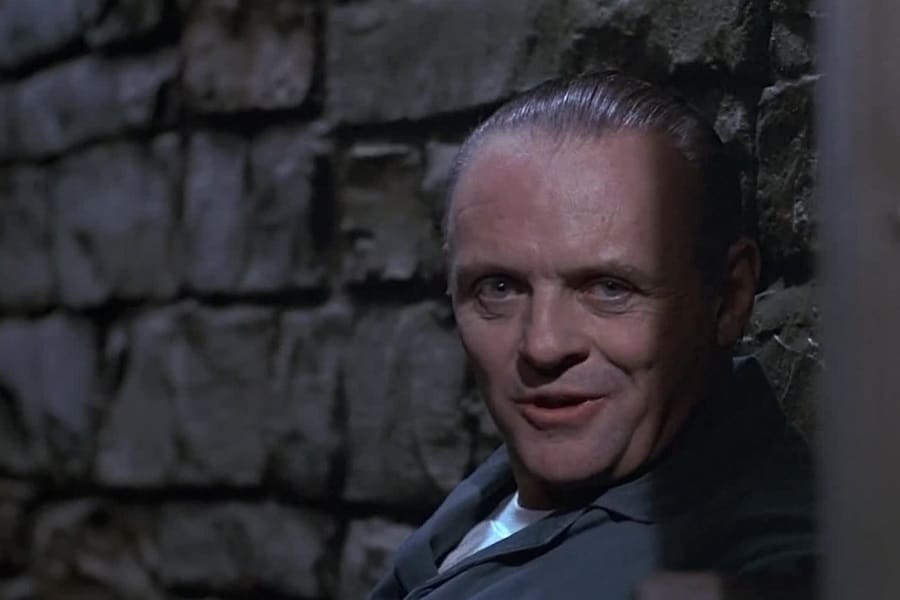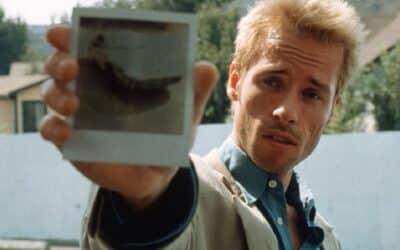
Psychological Crime Thrillers
Dive deep into the labyrinth of the human psyche with psychological crime thrillers – a genre that thrives on the thrill of the hunt, the unveiling of secrets, and the investigation of the darkest corners of human nature. A subgenre of crime thrillers, these stories captivate not merely through intricate plots but also through exploration of complex characters and their twisted psychological landscapes.
Psychological crime thrillers are marked by their particular emphasis on the mental and emotional states of their characters. Their plots unravel through the minds of their characters, offering a front-row seat to the internal struggles, motivations, and machinations that drive the narrative. Crime is not just a physical act in these stories, but a psychological battle – a dance of wits and wills, often between the detective and the perpetrator.
Differentiating this genre from its siblings in thriller and mystery, the stakes in psychological crime thrillers reach beyond mere life and death or solving the case. Of course, these elements are present, but there’s an added layer – the stakes often involve the very sanity, identity, or moral compass of the characters. The danger lies not just in the physical world, but within the mind. A detective might fear losing themselves in the abyss of the killer’s psyche, or a protagonist might dread uncovering a truth too monstrous to bear. This risk of psychological unraveling amplifies the tension and elevates the thrill.
Few genres blend intellectual puzzles with raw emotion as well as psychological crime thrillers. In this unique territory, the line between right and wrong often blurs, forcing characters (and readers alike) to question their perceptions of morality, truth, and humanity.
A wonderful journey into the genre begins with a tour of some brilliant masterpieces. For instance, Thomas Harris’s novel, “The Silence of the Lambs,” is a prime example of how a psychological crime thriller can deliver chills and provoke deep introspection. The complex dance between young FBI trainee Clarice Starling and the incarcerated serial killer, Hannibal Lecter, exemplifies the genre’s signature blend of fear, fascination, and psychological insight.
Not to be outdone by the written word, the silver screen boasts its pantheon of psychological crime thrillers. David Fincher’s “Se7en” is a stunning journey into the grim world of two detectives hunting a serial killer whose crimes reflect the seven deadly sins. It’s a film that shines in its study of the psyche, as it toys with themes of morality, obsession, and despair.
Next, let’s delve into the haunting and intricate world of “Gone Girl.” Penned by Gillian Flynn, this novel sets a new bar for psychological crime thrillers. It tells the story of Nick Dunne and his beautiful wife, Amy, who mysteriously disappears on their fifth wedding anniversary. The narrative takes readers on a tumultuous journey of deceit, media frenzy, and deeply buried secrets. What makes “Gone Girl” a standout is the unreliable narration from both Nick and Amy, making readers question the nature of truth and manipulation, as they try to piece together the puzzle of Amy’s disappearance.
Let’s transition from page to screen with the movie “Prisoners.” Directed by Denis Villeneuve, “Prisoners” masterfully explores the emotional torment of two families whose daughters are suddenly kidnapped. A desperate search ensues, led by Detective Loki (Jake Gyllenhaal) and the children’s distraught father, Keller Dover (Hugh Jackman). The film, beyond its gut-wrenching narrative of abduction, is a thought-provoking exploration of morality and the lengths one would go to save those they love. It offers a vivid portrayal of characters pushed to the edge of their sanity, showcasing the psychological implications of extreme desperation.
Finally, circling back to the literary world, Patricia Highsmith’s “The Talented Mr. Ripley” offers a unique perspective in the genre. Unlike typical narratives focusing on the detective or the victim, this novel delves into the mind of a sociopath, Tom Ripley. From his manipulative charm to his cold-blooded capacity for violence, readers get a chilling insight into Ripley’s psyche as he becomes obsessed with living the luxurious life of his acquaintance, Dickie Greenleaf. The novel brilliantly blurs the line between protagonist and antagonist, as readers find themselves entranced by Ripley’s narrative, despite his immoral and even monstrous actions.
Tropes of psychological crime thrillers
Psychological crime thrillers, like any genre, come with a set of common tropes that shape their narratives. A popular trope is the battle of wits between a determined detective and a seemingly unbeatable criminal mastermind. This mental duel often involves deciphering cryptic clues and penetrating intricate labyrinths of deceit.
Another widely recognized trope is the descent into madness, wherein characters are pushed to their psychological limits. These journeys may lead to self-destruction, redemption, or revelation, making for a thrilling ride that often blurs the line between protagonist and antagonist.
The ‘unreliable narrator’ trope is another staple of this genre, wherein the storyteller’s perception is skewed, be it by mental illness, trauma, or simple deception. This adds layers of uncertainty to the narrative, making the truth elusive until the very end – if it is revealed at all.
Also prevalent is the exploration of duality, the idea that everyone harbors a dark side. This theme manifests in various ways, such as in characters leading double lives, or protagonists forced to confront their darker instincts.
Now, equipped with an understanding of what makes psychological crime thrillers tick, one might find a renewed appreciation for this intriguing genre. Every twist and turn, each dark revelation, and the continuous examination of the human mind not only entertain but also pose profound questions about morality, identity, and the thin line between sanity and madness. Through the lens of crime and suspense, the genre allows for a thrilling exploration of the human psyche, which is perhaps its greatest mystery and its most captivating feature.
So, unravel the clues, delve into the minds of complex characters, and embrace the thrill of uncertainty with psychological crime thrillers. An exhilarating rollercoaster ride of emotions and intellect awaits in this enigmatic genre, where every page or scene promises intrigue, tension, and a journey into the deepest, darkest corridors of the human mind.
More Psychological Thriller Features
Psychological Manipulation in Thrillers
Memory, Identity, and Madness
Mind Games
Mind Games in Psychological Thrillers
Domestic Psychological Thrillers
What is the domestic psychological thriller genre?



